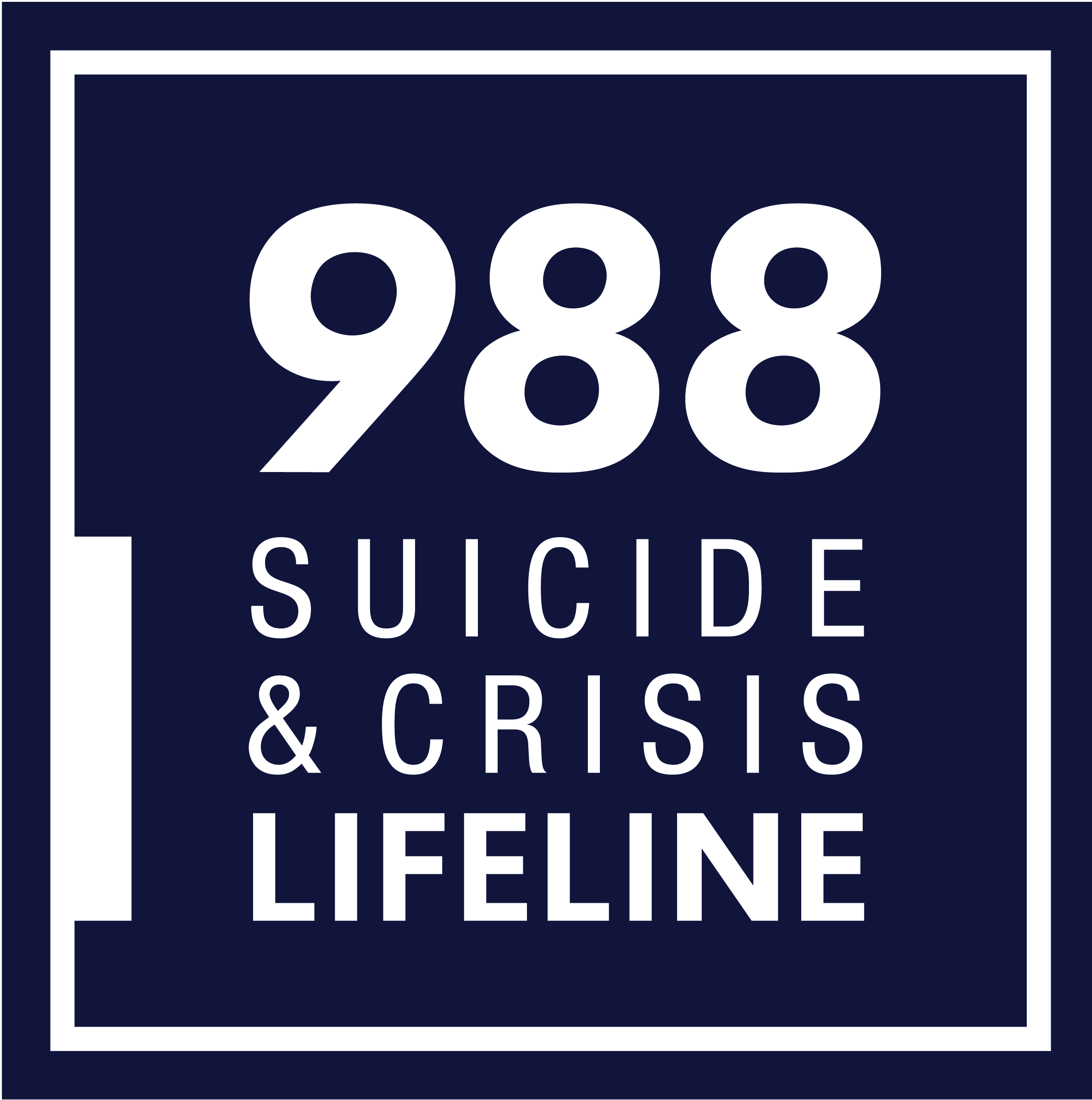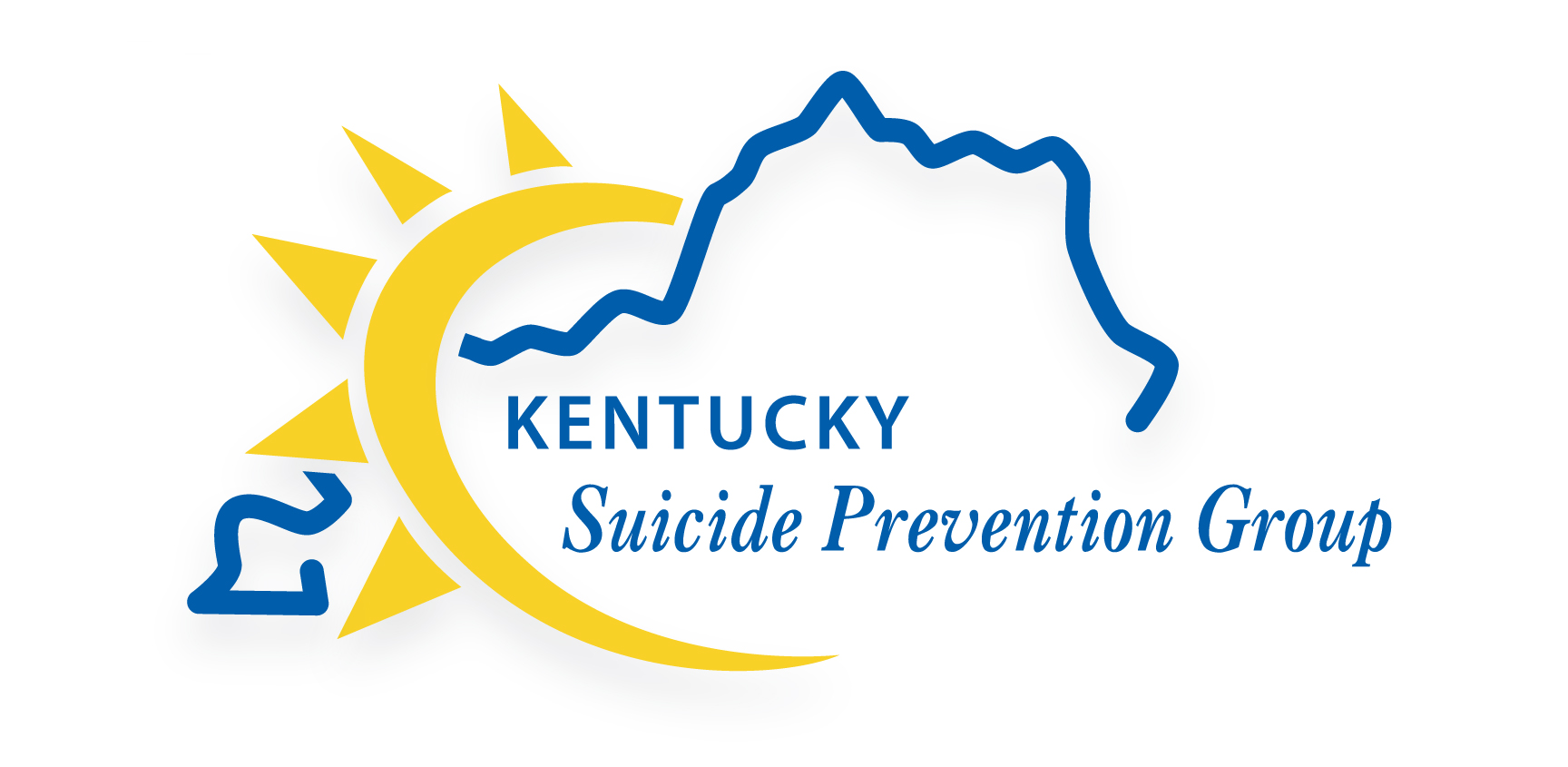You Are Not Alone

As many as one third of the people in Kentucky, suffer devastating and long lasting emotional trauma when a family member, friend, co-worker, neighbor or classmate dies as a result of suicide.
This is not just a Kentucky problem, but a national one. Each year nearly 30,000 people in the United States die by suicide — the devastated family and friends they leave behind are known as “survivors.” There are millions of survivors who, like you, are trying to cope with this heartbreaking loss.
Survivors often experience a wide range of grief reactions, including some or
all of the following:
- Shock is a common immediate reaction. You may feel numb or disoriented, and may have trouble concentrating.
- Symptoms of depression, including disturbed sleep, loss of appetite intense sadness, and lack of energy.
- Anger towards the deceased, another family member, a therapist, or yourself.
- Relief, particularly if the suicide followed a long and difficult mental illness.
- Guilt, including thinking, “If only I had.…”
These feelings usually diminish over time, as you develop your ability to cope and begin to heal.
Know that 90 percent of all people who die by suicide have a diagnosable psychiatric disorder at the time of their death (most often depression or bipolar disorder). Just as people can die of heart disease or cancer, people can die as a consequence of mental illness. Try to bear in mind that suicide is almost always complicated, resulting from a combination of painful suffering, desperate hopelessness, and underlying psychiatric illness.
What Do I Do Now?

It is important to remember that you can survive the pain. There may be times when you don’t think it’s possible, but it is.
Here is some guidance from fellow survivors:
- Some survivors struggle with what to tell other people. Although you should make whatever decision feels right to you, most survivors have found it best to simply acknowledge that their loved one died by suicide.
- You may find that it helps to reach out to family and friends. Because some people may not know what to say, you may need to take the initiative to talk about the suicide, share your feelings, and ask for their help.
- Even though it may seem difficult, maintaining contact with other people is especially important during the stress-filled months after a loved one’s suicide.
- Keep in mind that each person grieves in his or her own way. Some people visit the cemetery weekly; others find it too painful to go at all.
- Each person also grieves at his or her own pace; there is no set rhythm or timeline for healing.
- Anniversaries, birthdays and holidays may be especially difficult, so you might want to think about whether to continue old traditions or create some new ones. You may also experience unexpected waves of sadness; these are a normal part of the grieving process.
- Some survivors find comfort in community, religious, or spiritual activities, including talking to a trusted member of the clergy.
- Many survivors use the arts to help them heal, by keeping a journal, or writing poetry or music.
- Try to take care of your own well-being; consider visiting your doctor for a check-up.
- Be kind to yourself. When you feel ready, begin to go on with your life. Eventually starting to enjoy life again is not a betrayal of your loved one, but rather a sign that you’ve begun to heal.



